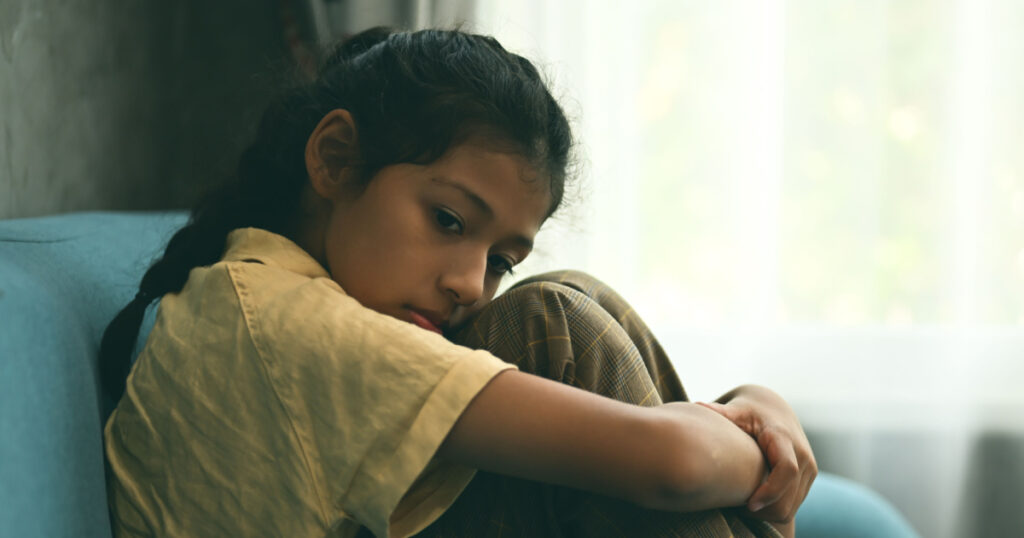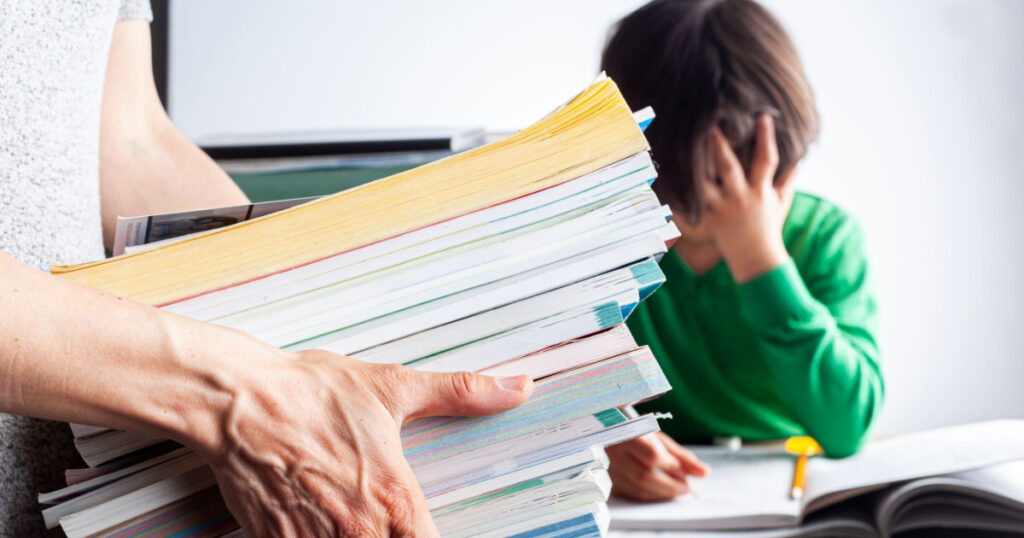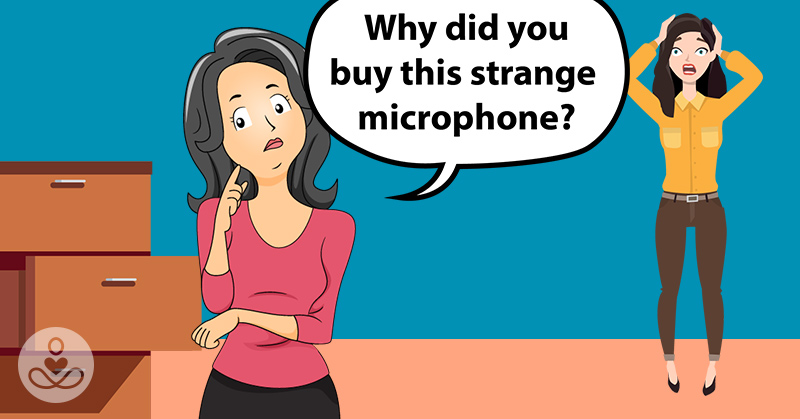Many people are quicker to recognize a toxic friendship or romantic relationship than a toxic family relationship. But even in the case of close relatives, sometimes keeping your distance can be in everybody’s best interest. Here are the signs you have a toxic relationship with your parent. Here are 10 Things Toxic Parents Do:
Read: 8 Phrases Toxic People Use to Reduce Your Self-Esteem
1. They Are Too Critical

Receiving criticism from parents is just a part of life and can be helpful when they’re trying to teach you how to do things (1). Unfortunately, these criticisms can sometimes go too far and parents start to nitpick about every little thing their child does. This behavior can have significant consequences in the long run and cause you to develop an overly harsh inner critic that can be crippling (1).
2. They Make Jokes About Your Appearance

Parents who make frequent jokes about their child’s appearance are doing an unthinkable amount of damage. The average person is extremely sensitive to everything their parents say so if your parents frequently joke about your height or weight it will probably stick with you forever (1). Children and adults who get these kinds of remarks can end up with low self-esteem and an inferiority complex (2).
3. They Drag You Into Their Problems

Toxic parents often confide in their children about serious struggles, which is completely inappropriate (2). Parents who rely on their kids as emotional support place too much of a burden on them (3). This ultimately ends up stripping them of their childhood, which may lead to them acting out later on in life in an attempt to reclaim it (3).
Read: 7 Signs of a Toxic Family
4. They Don’t Allow You To Express Yourself

Parents who don’t allow their children to express their emotions, especially negative ones, end up hindering their ability to communicate what they truly need (1). This treatment can cause depression and an inability to deal with negative situations (1).
5. They Put Themselves First

Parents who prioritize their feelings over their children and dominate every situation end up forcing their kids to suppress their feelings (1). Psychologists have found that suppressing emotions, particularly negative ones, may actually increase your risk of dying from heart disease and certain cancers (4).
6. They Have Unrealistically High Expectations

Every parent wants their child to be successful, but sometimes the pursuit of success leads to unhealthy expectations. A study published in the Journal of Personality and Social Psychology found that parents who have unrealistically high academic expectations for their children actually end up hindering their performance (5). Children end up becoming withdrawn and introverted, characteristics that they may end up carrying with them into adulthood (6).
Read: A Psychologist Says Parents Should Do These 15 Things to Raise a More Confident Child
7. They Justify Their Bad Behavior

Toxic parents often justify their bad behavior at the expense of their children (1). As the person who has all the blame put on them, you end up internalizing it, which is a habit that can continue throughout your life (1).
8. They Guilt Trip You

Parents who make you feel guilty all the time have serious control issues and aren’t healthy to be around. Just because they created you doesn’t mean they have control over your entire existence. Getting constantly guilt-tripped can activate the need for an unhealthy amount of external approval (7).
9. They Don’t Have Boundaries

With a growing number of young adults still living at home, having boundaries in parent-child relationships is becoming increasingly important. Parents who overstep these boundaries make it difficult for their children to understand and recognize boundaries once they flee the nest (1).
10. They Give You The Silent Treatment

Arguments can be difficult to navigate sometimes, but no matter how heated they get a parent should never give their child the silent treatment. This passive-aggressive treatment hurts the relationship and puts pressure on the child to fix the situation (1). Children who copy this behavior and use it when they are adults will end up having a lot of toxic relationships (8).
The Bottom Line

Making that final decision to distance yourself from a toxic parent isn’t easy, but it will be well worth it in the end. Remember, just because they created you doesn’t mean they have the right to disrespect you. Read this next to learn 5 signs your relationships with your parents needs healing.
Keep Reading: Dear Entitled Children, Your Parents Don’t Owe You Anything
Sources
- (1) Chavez, H. (2018, June 15). 13 Signs of a Toxic Parent That Many People Don’t Realize. Retrieved from https://www.lifehack.org/350678/13-signs-toxic-parent-that-many-people-dont-realize
- (3) Hanks, J. (2016, January 7). 3 Signs That You Are Too Close To Your Child. Retrieved from https://www.healthyway.com/content/3-signs-that-you-are-too-close-to-your-child/
- (4) Gustafson, T. (2014, May 31). Keeping Your Emotions Bottled Up Could Kill You. Retrieved from https://www.huffingtonpost.ca/timi-gustafson/bottling-up-negative-emotions_b_5056433.html
- (5) Anderson, J. (2015, November 26). Parents: your absurdly high expectations are harming your children’s achievement. Retrieved from https://qz.com/559821/parents-your-absurdly-high-expectations-are-harming-your-childrens-achievement/
- (6) Stern, D. (2015, December 10). The Consequences of Pushing a Child Too Hard Academically. Retrieved from https://www.livestrong.com/article/507866-consequences-of-pushing-a-child-too-hard-academically/
- (7) Understanding the Psychology of Guilt. (2011, September 27). Retrieved from https://www.eruptingmind.com/the-psychology-of-guilt-overcoming-types-of-guilt/
- (8) Orwig, J. (2015, January 14). Why You Should Never Give Your Partner The Silent Treatment. Retrieved from https://www.businessinsider.com/silent-treatment-is-toxic-to-relationships-2015-1

